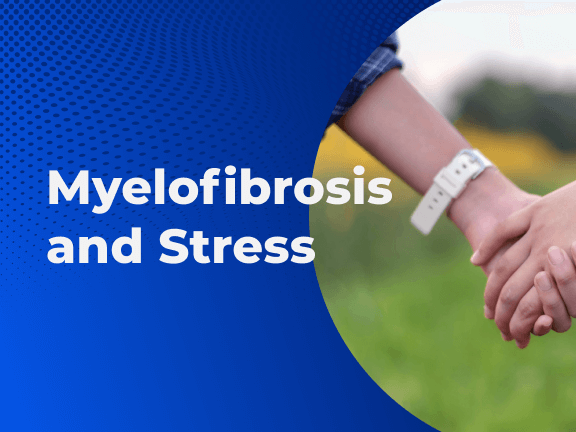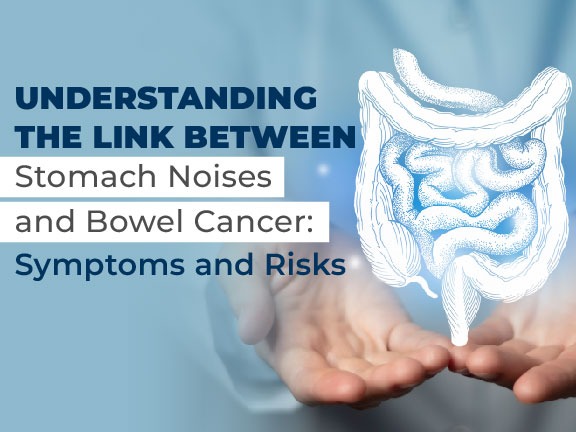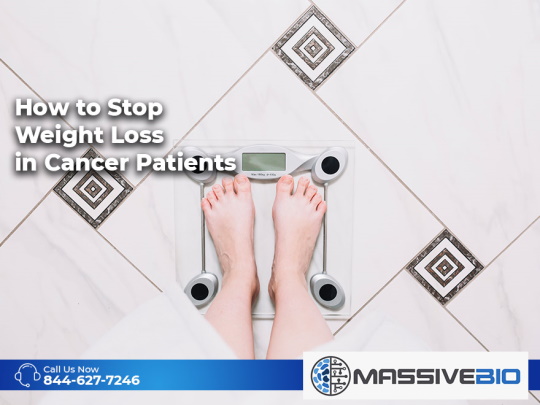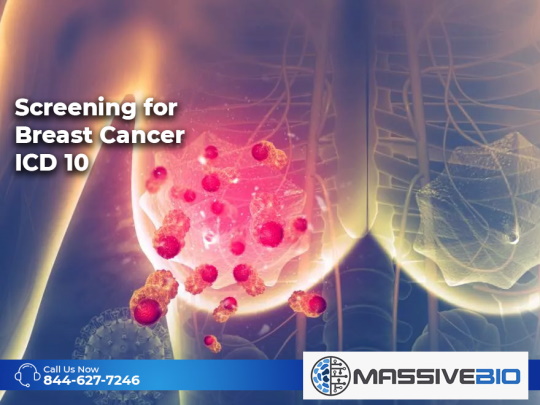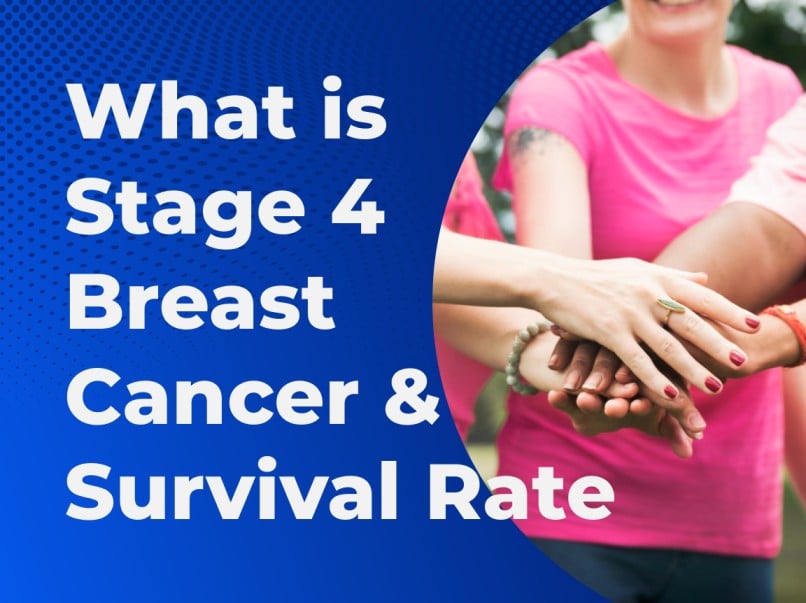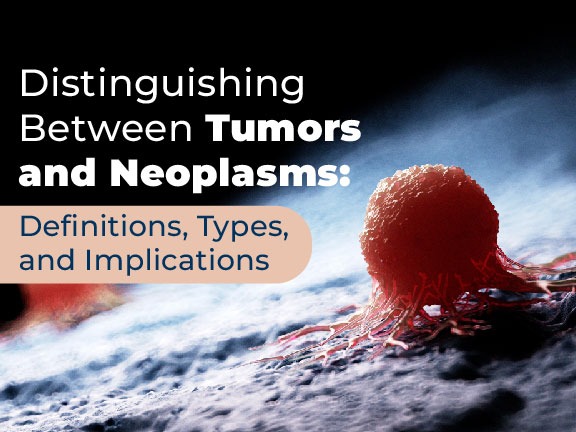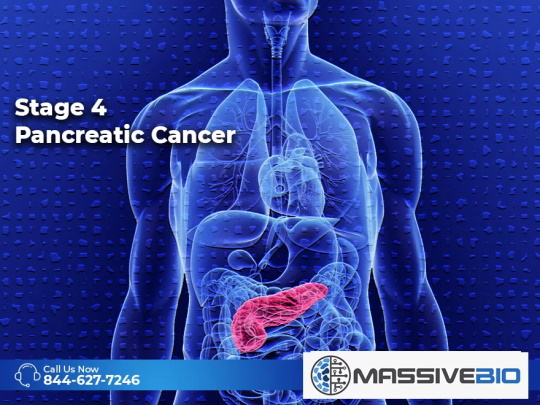Myelofibrosis (MF) is a rare and chronic type of bone marrow cancer. It disrupts the standard levels of blood cells and typically causes scars in the bone marrow, enlarged spleen, weakness, fatigue, and malaise. There is no known cause for myelofibrosis, which is a trigger for stress itself. In this piece, we will go over how stress affects our bodies and list some tips to manage your stress level when experiencing and fighting such a complicated disease.
Does Stress Affect the Body and Health?
According to the American Psychology Association, although our bodies can handle short-period or small-dose stress, they start manifesting physical health problems when they experience stress for a long time or a higher dose. Stress affects our musculoskeletal, gastrointestinal, respiratory, cardiovascular, endocrine, nervous, and reproductive systems. Chronic stress also weakens the immune system. How is this relevant to myelofibrosis patients? Let’s explain: The white blood cells help fight infection, acting as a vital element of the immune system. However, myelofibrosis is a type of blood cancer and may cause the production of unusually high levels of white blood cells, as well as causing them not to work correctly. This situation has a direct effect on the body’s immune system.
If stress is powerful enough to disrupt the body’s vital systems, does it also influence cancer or treatment? The answer is yes. Although being stressed does not increase the risk of cancer for people who do not have the disease, having a high level of stress after diagnosis of any kind and type of cancer is linked to tumor growth. Because chronic stress and chronic inflammation create the ideal condition for the development, growth, and spread of cancer cells.
How Can a Myelofibrosis Patient Manage Stress?
Let’s tackle some tips on managing stress so that myelofibrosis patients can increase their quality of life and have a smoother treatment and/or recovery process.
Being Physically Active
Whether you have a disease or not, being physically active is encouraged for people of any age, race, sex, and background. Especially regular exercise has benefits on a person’s immune system, mood, energy level, self-confidence, weight control, and overall well-being. You might feel down or weak, which is normal during or post-treatment. However, you might remind yourself that you’ll benefit from strengthening your body, and you have to start being active whenever you have a chance. Find what kind of physical activity makes you happy and stick to it. Walking, swimming, jogging, yoga, stretching, tai-chi, or riding bicycles are just some of your options. If you have trouble keeping up with exercise regularly, you might find an exercise buddy who will encourage you or join a group of people who already exercise together. Appointing a specific date and time for exercise also helps people achieve their activity goals.
Communication
When talking about communication, you must think of different outlets such as your medical team, your family and friends (caregivers) and your cancer community (people who go through the same fight against cancer), and a professional psychological supporter (a psychologist or a psychiatrist). Many of the problems that can be easily solved may become more serious due to a lack of communication. This is a direct cause of stress. That is why clear and direct communication is a way to overcome or reduce stress.
Medical team: Not only your test results but also your mood gives your medical team an idea about the quality of treatment they provide to you. The team might predict some sources of stress or mood changes you experience, but some might come as a surprise. They are professionals who dedicated their lives to the well-being of patients. So don’t be shy; give them a call even if it is not scheduled, tell them what you experience, and ask their opinion.
Friends and family: People surrounding you have different levels of understanding about your situation. They are around you, but they are not experiencing the same disease. Although they are doing their best to help and support you, they might not clearly understand the reasons for your actions. Let’s give an example. You might be feeling frustrated about the progress of your treatment. This might reflect on your voice, facial expressions, and actions. You are aware of your feelings, fears, and concerns. However, they don’t know what is going on in your mind and might interpret things differently. Your kid might think you are angry at them because they laughed out loud when you were sleeping. Your friend might interpret your attitude as an act of resentment, assuming they missed calling or seeing you. You might be experiencing sexual side effects, but your partner might interpret it as not looking as attractive as they used to. Miscommunication might lead these people to question themselves and draw wrong conclusions, thus creating stress. It goes both ways; you might also be interpreting their words or actions wrong. Having honest and open communication is the only way to be fair to everyone, including yourself.
Cancer community: Sharing your experience, the positive and negative occurrences, the expectations, fears, threats, and misfortunes with people who’s been in your shoes has a soothing effect on people. Honesty, transparency, and a sense of community and belonging might help you get rid of the burden you carry on your shoulders. Even though not everybody is at the same stage of the journey, sharing will help you realize all the possibilities life brings and be more prepared to face them.
Mental health professional. The change that comes with the diagnosis, the treatment, maybe the relapse, the clinical trial process, and everything else creates an emotional stress. Even if you can openly share your feelings and thoughts with your friends and family, you might be looking for a larger point of view. In this case, the person you should see is a mental health professional. According to your need, you can choose to see a psychiatrist or a psychologist. Whichever you decide on, they will help you navigate through this difficult time in a professional way.
Building Knowledge
Most cancer patients feel stressed because of their lack of knowledge about their disease, their treatments, and their options. They keep experiencing physical and psychological changes or different side effects of their illnesses or medications/treatments/procedures but have difficulty making sense of them. The lack of knowledge makes them feel like they have no control over their life, which turns into a cause of stress. To gain control over this matter, the first thing to do is educate yourself. Learn what is expected and not for you to experience in your case. This will help you be alert for the right reason and handle some situations or side effects with a certain level of calm. This way, you will also feel more confident while reading a test result with all the medical terms and metrics, during your doctor’s visits, when you are discussing treatment options, or whether you are eligible for a clinical trial or not. Information will give you the power you need, and it will eventually help tame your stress. You can contact reliable institutions and communities focusing on myelofibrosis or myeloproliferative neoplasms or turn to other conventional sources such as trusted websites or publications.
Being Organized
Another reason for myelofibrosis patients to feel stressed, like many other patients suffering from different diseases, is the challenge of keeping everything (including medical records, appointments, travel details, contact information, brochures, financial documents, etc.) organized. Keeping an agenda dedicated to your cancer-related activities will help you be ahead of things at a single glance. A clear filing system with labels and dates will enable you to locate the medical or financial records in a heartbeat. Instead of looking for things for minutes, getting frustrated and eventually stressed, try being organized to stay relieved.
Taking Time for Yourself
Being with family and loved ones is especially important when fighting cancer. Their support gives patients the strength and motivation to keep fighting. However, being surrounded by people and being a caretaker might become overwhelming from time to time. Feeling overwhelmed might even come along with a certain level of guilt. Know that you are not the only cancer patient feeling this. It is normal to need a space for yourself as well. You are free to address this need with some alone time. You might choose a hobby, an activity, or just rest time based on your energy level, mood, or availability. Whether you read a book, watch a movie, do yoga, or sunbathe, your loved ones will respect you and give you the space and time you need. Remember, they are there to help you, and unless you clearly communicate what you need, they might never know it.
Accepting Help
There is a limit to what a patient can personally take in. There is a large group of loved ones, professionals, institutions, and communities surrounding you. Patients distance themselves from their loved ones based on fear of becoming a burden; try to figure out things on their own, get tired, feel alone and helpless, and finally burn out. The stress is too much for just one person to bear. It is not an indication of strength but naiveness. Instead, you can ask for help or accept an offer. Learning to say yes might lift some of the stress you experience. Asking for help with appointments, delegating daily chores, and getting assistance from the social workers might look like small favors at first, but you will see a big difference in your stress levels.
Sources:



